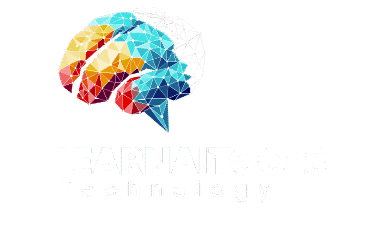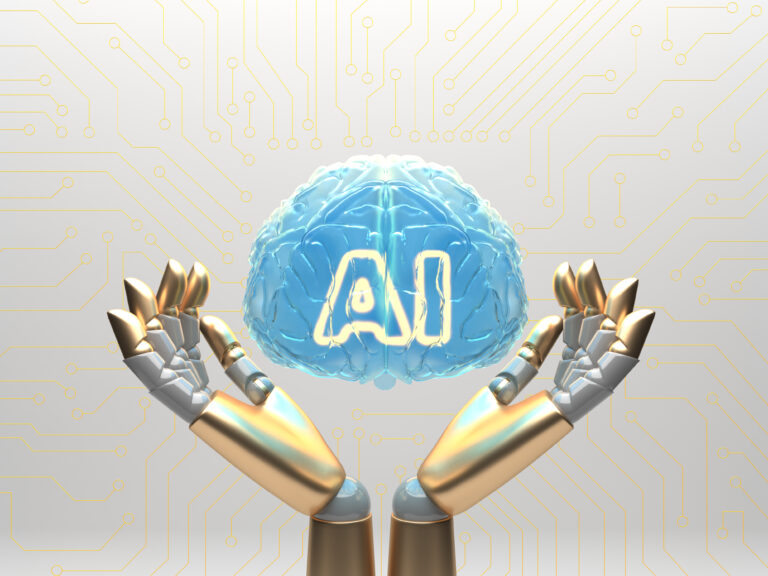
AI chip artificial intelligence, future technology innovation
Introduction
In today’s fast-changing tech world, one term you’ve likely heard often is Artificial Intelligence (AI). From smartphones to self-driving cars, AI is shaping the future in ways we once imagined only in science fiction. This blog is a complete Artificial Intelligence guide designed for beginners who want to understand what AI is, how it works, and why it matters.
What is Artificial Intelligence?
Artificial Intelligence refers to the ability of machines or computer programs to perform tasks that normally require human intelligence. These tasks include learning from experience, understanding natural language, recognizing patterns, solving problems, and even making decisions.
Types of Artificial Intelligence
AI can be broadly divided into the following types:
1. Narrow AI (Weak AI)
This type of AI is designed to perform a specific task. Examples include voice assistants like Alexa, chatbots, and recommendation systems on Netflix or Amazon.
2. General AI (Strong AI)
A more advanced version, this AI would perform any intellectual task that a human can do. We haven’t yet achieved true general AI.
3. Superintelligent AI
This is theoretical AI that surpasses human intelligence in all fields. It’s a subject of research and debate but not yet a reality.
How Does AI Work?
At its core, AI works through:
- Machine Learning (ML): Algorithms that learn from data and improve over time.
- Deep Learning: A subset of ML that uses neural networks to mimic the human brain.
- Natural Language Processing (NLP): Enables machines to understand and respond in human language.
- Computer Vision: Helps machines interpret visual information like images and videos.
Real-World Examples of AI
- ChatGPT: An advanced language model that can generate human-like text.
- Google Maps: Uses AI for traffic prediction and route optimization.
- Netflix: Suggests shows using AI-based recommendation systems.
- Healthcare: AI assists in diagnostics, drug development, and personalized treatment plans.
Benefits of Artificial Intelligence
- Automates repetitive tasks
- Improves decision-making
- Enhances customer experiences
- Enables predictive analysis in various industries
Challenges and Limitations
- Bias in Data: AI systems can reflect human biases present in training data.
- Privacy Concerns: Handling user data responsibly is a major concern.
- Job Displacement: Automation may reduce the need for certain job roles.
- Complexity: Understanding and building AI systems requires specialized knowledge.
The Future of AI
Artificial Intelligence is expected to transform every major industry—from healthcare and finance to education and entertainment. As AI continues to evolve, the need for ethical guidelines, transparency, and public awareness will become more critical.
Conclusion
Artificial Intelligence is no longer just a futuristic concept—it’s a part of our daily lives. Whether you’re a student, a tech enthusiast, or a business owner, understanding AI is essential in today’s digital age. We hope this Artificial Intelligence guide has helped you take your first step into this fascinating world.Stay connected with LearnAiTools.in for more beginner-friendly AI blogs, tool reviews, and practical how-to guides.



